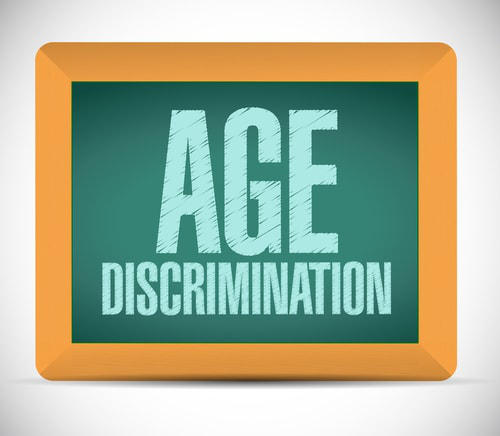
Discrimination in relation to the age of employees, job seekers or trainees, regardless of whether they are younger or older, is unlawful under the Equality Act 2010.
It is important to understand the different types of age discrimination, which include:
Direct Discrimination
- This occurs when an employee, job seeker, or trainee is treated in a unfavourable manner due to their actual age, perceived age or the age of someone they associate with.
- In relation to discrimination due to an employees actual age, this can actually be justified as long as it can be classed as a “proportionate means of achieving a legitimate aim”, for example all employees should receive at least the national minimum wage for the age range. Although there are exceptions, as a younger employee may be entitled to receive a higher wage, due to their length of service.
Indirect Discrimination
- This occurs when a company’s policies or procedures that apply to all staff indirectly discriminate against an age group.
- For example, an employer offers a promotion to anyone who has obtained a post-graduate qualification, which means anyone who is 22 or younger is less likely to have this qualification and are therefore not eligible.
- Similar to Direct Discrimination, there are exceptions to the rule, as long as the employer shows good reason for the policy. For example, an employer advertises for a job that needs at least five years’ experience, which a lot of younger candidates may not have.
Harassment
- This occurs when another member of staff makes another employee feel humiliated, offended or degraded in relation to their age.
- For example, an employer implements computer training for all staff and an older member of staff is evidently struggling and other members of staff comment on how slow they are, making them feel humiliated.
Victimisation
- This occurs when a member of staff Is treated badly, as a result of supporting or making an age discrimination complaint.
- For example, an employee asks another member of staff for advice regarding upsetting comments being made about how they are too old to work. They both consult with the manager regarding the complaint, and as a result are treated unfairly.
If you feel as though you have experienced any of the above, you must inform the appropriate person of your complaint in the form of a grievance letter or meeting. Allow your employer to deal with the complaint on an informal basic first, however if you are dissatisfied with how your complaint has been dealt with you can take it to an Employment Tribunal.
Here at Three Graces Legal we can help anyone who has experienced sex discrimination in the workplace.
Please contact us on 0151 659 1070 to see how we may be of assistance.




